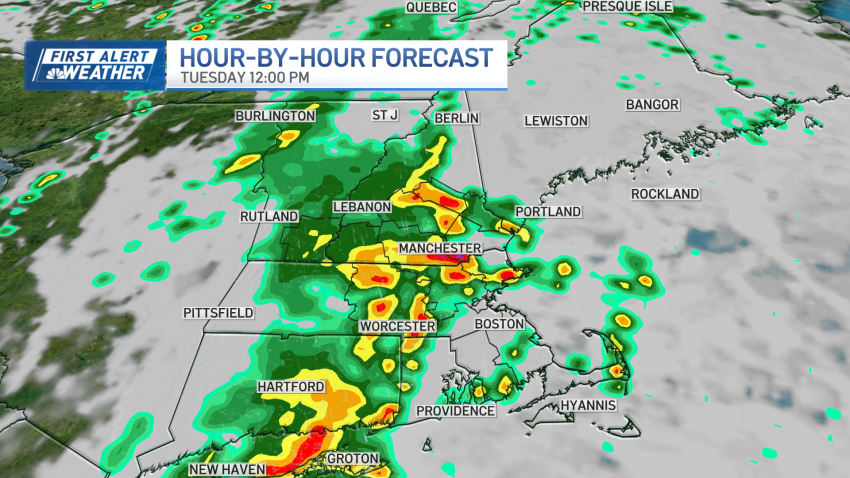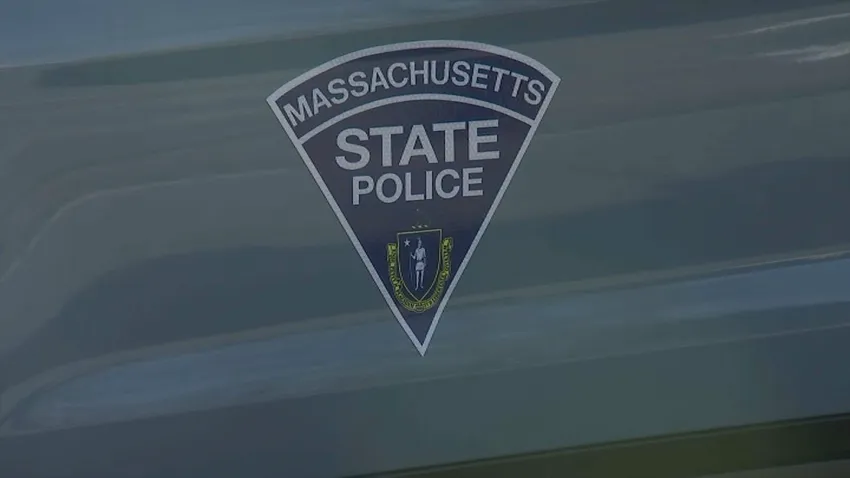
Lynn family says ICE detained father during purported wellness check
Luis Barreras’ family said immigration authorities came to his home and took him into custody after assuring him on the phone they wanted to check on his children’s well-being.

Luis Barreras’ family said immigration authorities came to his home and took him into custody after assuring him on the phone they wanted to check on his children’s well-being.

The number of fatal accidents where drugs or alcohol were a factor have increased every year since 2020, when there were 17, AAA Northeast says.

A victim has died after a shooting on Levant Street in Boston’s Dorchester neighborhood.

Massachusetts Democrats have been highly critical of President Donald Trump’s decision to send National Guard troops to Los Angeles, where ICE operations have triggered protests and unrest.

Red Sox top prospect Roman Anthony shared his reaction to getting called up to the big-leagues before Monday’s game vs. Tampa Bay.

After the first day of Patriots minicamp, Tom E. Curran and Phil Perry discuss whether Drake Maye is ready to be a vocal leader in Year 2.

Police in Bellingham, Massachusetts, said a cyclist from Woonsocket, Rhode Island, was hit Monday afternoon on South Main Street.

The Patriots’ revamped defense will be a great challenge for QB Drake Maye and the offense each day in practice.

Nexan Aroldo Asencio was taken from his home in Milford, Massachusetts, by masked immigration agents on May 30 and remains in ICE custody in Vermont

Patriots quarterback Drake Maye isn’t backing down from high expectations going into Year 2.

Roman Anthony, the No. 1 prospect in Boston’s system and all of MLB, has earned his much-anticipated call-up to the majors.

Under-the-radar offseason addition Carlos Narvaez has been a revelation for the Red Sox.

Clouds stick around Monday evening with some patchy and dense fog developing overnight, especially along the coast and in low-lying areas.

Liam McNeeley has the potential to be a versatile outside shooter at the NBA level, making him an interesting option for the Celtics in the draft.

A woman was arrested in a backyard pool in Attleborough, Massachusetts, after leading police on a chase on a pair of interstate highways Monday morning, officials said.